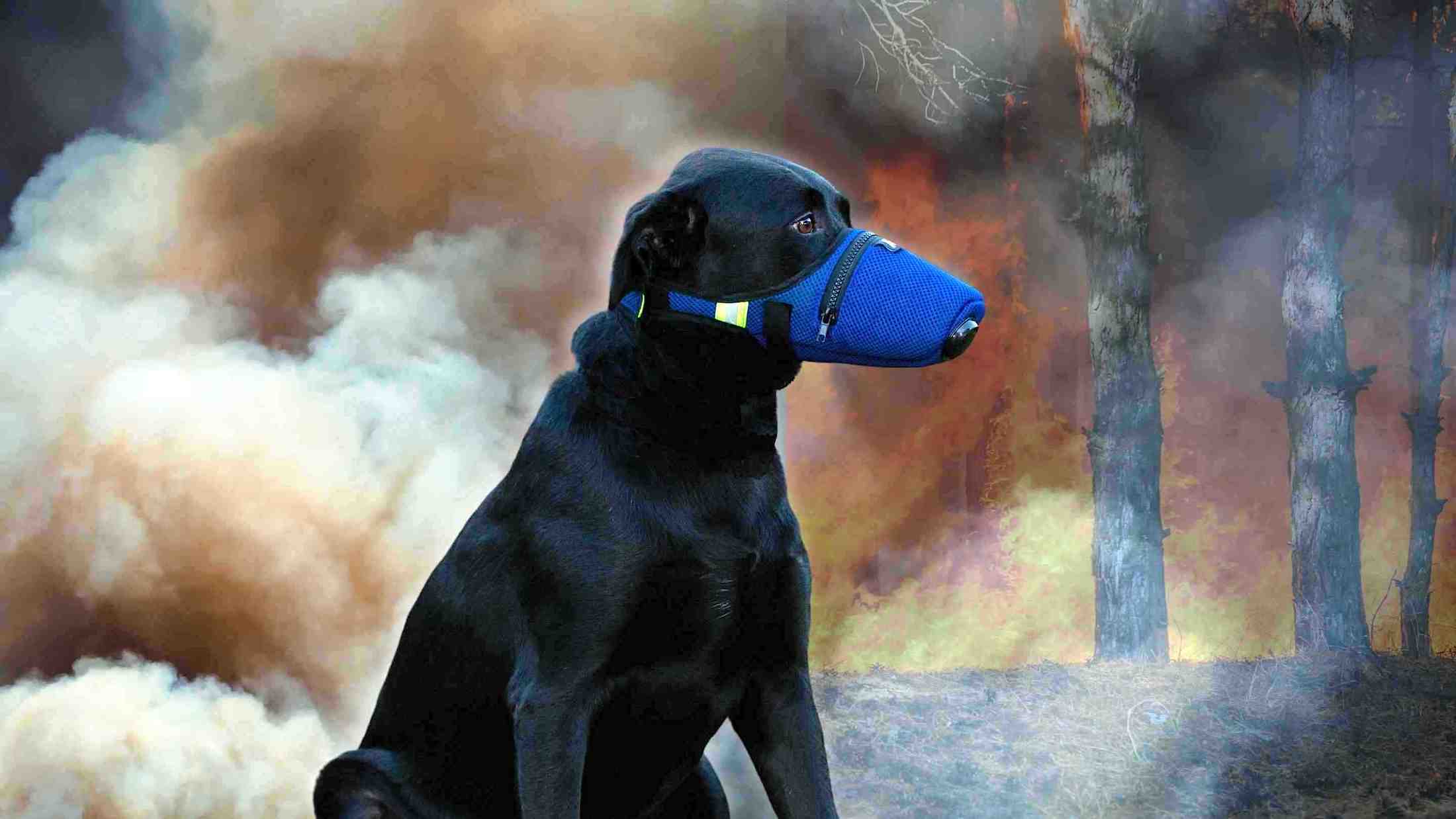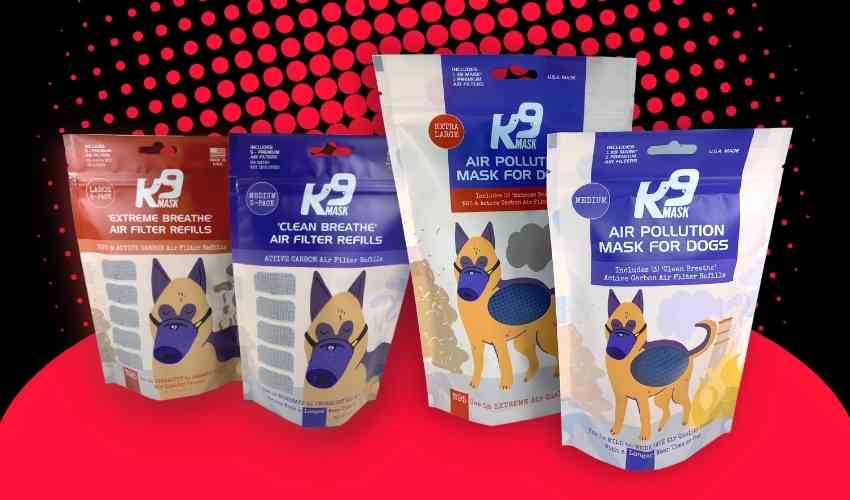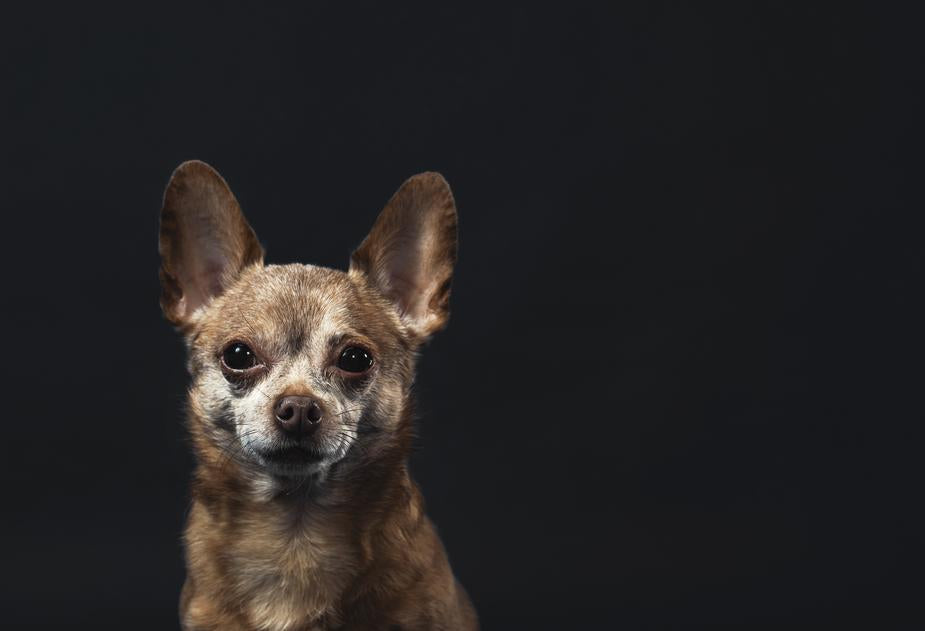First dog in Texas tests positive with the coronavirus infection. A dog in Tarrant County is the first animal in Texas to test positive for the virus that causes COVID-19 in humans. The U.S. Department of Agriculture’s veterinary lab received the test Monday, and the dog was confirmed to be infected with SARS-CoV-2 the next day, according to the Texas Animal Health Commission.
A private veterinarian chose to test the dog after its owners were confirmed to have the coronavirus. All staff members at the veterinary clinic wore personal protective equipment when they were in contact with the dog and its owner.
Male Yorkie in Texas Tests Positive for Coronavirus
The veterinarian said the 2-year-old dog, a male Yorkie, was healthy. A representative for the Texas Animal Health Commission said the agency doesn’t know the dog’s name. State Veterinarian Andy Schwartz said there’s no evidence that pets play a significant role in spreading the virus to humans.
“It’s always important to restrict contact with your pets and other animals, just like you would other people, if you are infected with COVID-19 in order to protect them from infection,” Schwartz said in a written statement. Officials recommend that anyone sick with COVID-19 avoid snuggling, petting and being licked by their pets, as well as sharing food or sleeping in the same bed.
What To Do If Your Sick with Covid-19 Around Dogs
If you have to interact with your pet while you’re sick, wear a face covering and wash your hands before and after, officials said. The dog in Tarrant County isn’t the first animal to test positive in the country. In other parts of the U.S., dogs, cats, tigers and lions have tested positive for the virus that causes COVID-19 in people.
To date, at least 17 animals across the country have been confirmed as infected with SARS-CoV-2. Those numbers include four tigers and three lions at a facility in New York in April, five pet cats, and four pet dogs. A dog in one of the households also tested positive for "virus neutralizing antibodies," but showed no symptoms, the USDA says.














